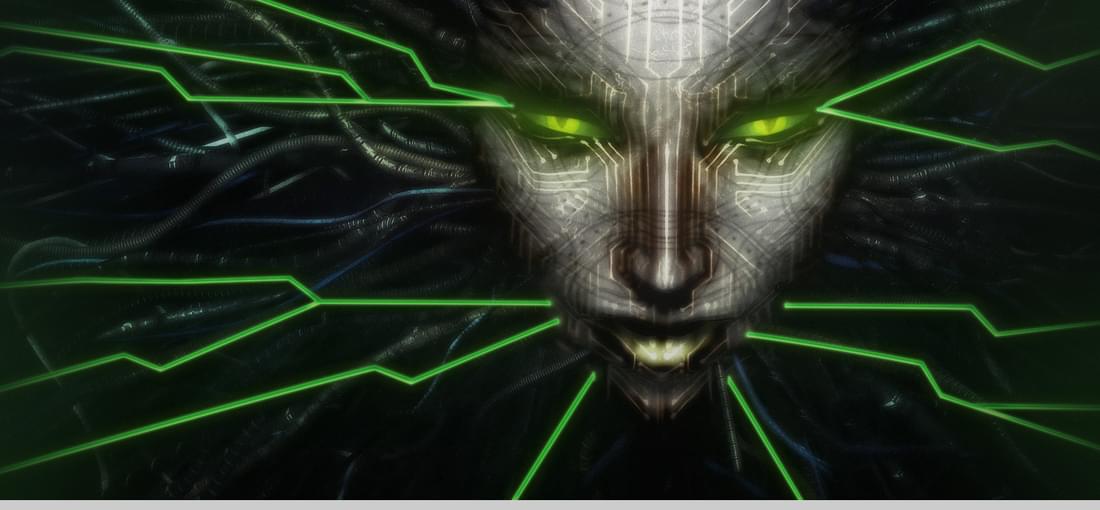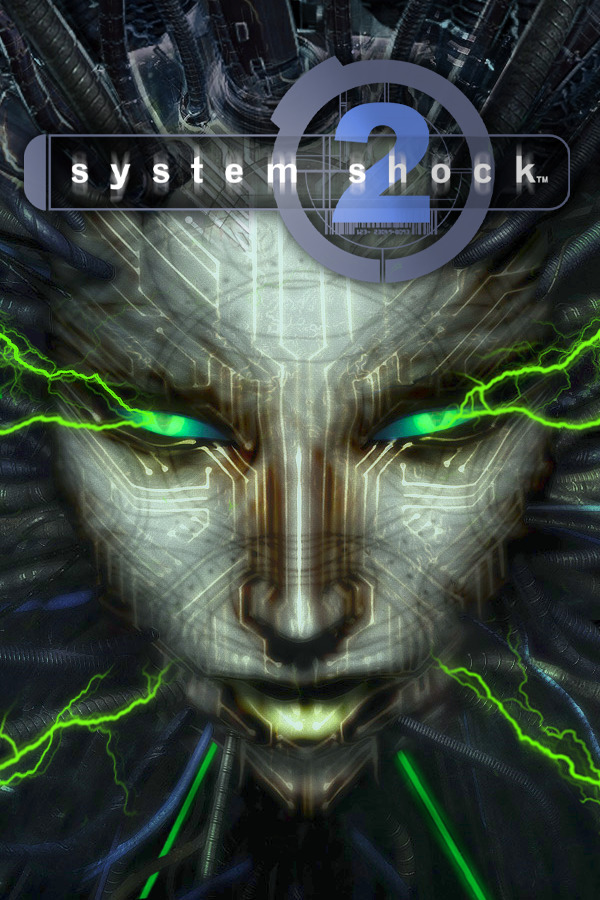



System Shock 2 CURED my CANCER! If you don't like SYSTEM SHOCK 2, you're probably the kind of person who KICKS KITTENS! DON'T BE A KITTEN-KICKER! BUY SYSTEM SHOCK 2! ...Yeah. So, there are plenty of people who are very, very enthusiastic about System Shock 2. And that's their right, and perhaps you'll be one of them. Just be aware: this is a game with some serious flaws. It has a broken economy. Infinitely respawning enemies who fire an unlimited number of very accurate shots at you from weapons that prove to be unloaded and broken when you look over their corpses. Weapons that degenerate into uselessness at a pace that has never been imitated elsewhere (and, sorry, fans: there's a very good reason for that!) A number of player-unfriendly choices, and at least one small plot development that no one really considered the ramifications of (your host can also *remove* cyber modules? Hmm...) Some people will rave about its difficulty being part and parcel of "*real* survival horror", but for my part, SS2's mechanics ceased being horrifying and started being irritating and wearying long before the final reel. The came consistently punishes you for exploring, for taking chances, for not being properly equipped to deal with threats you have no way of predicting- and that's not "horror"; that's just bad design. It's not a "great" game, nor is it a "bad" game, nor would it be entirely accurate to call it "good" or "mediocre", and certainly not "average".

The game I played as "Indigo Prophecy" (minus a few of the naughty bits) is an adventure game with action elements the like of which I have never seen before and will likely never see again on the PC (though it very much seems that "Heavy Rain", a PS3 game by the same developer, is its spiritual successor in many ways.) It features a very movie-like atmosphere, competent voice acting, some intriguing characters, and a plot that, as many have said, probably deserved a better ending. A few things I have to note: yes, the game does effectively use "quick-time events", but it uses them far more interestingly than any other game I've played that featured them. In one scene you may be gently pushing the controller sticks in rhythm as your character plays the guitar to raise his spirits; in another you may be pounding buttons as fast as you can to run across a wall. In other games, QT events serve to cut a player off from the action, making the characters do "cool, cinematic things the player can't actually do with the controls" while the player does little more than sit back and watch; "Indigo Prophecy" does a far better job in making you feel like you're part of the action as it unfolds. It helps that, frequently, success and failure within the game are not absolutes. Many events the characters participate in can go really well, or really badly, or somewhere in between, and still allow the story to progress. The game measures the various characters' morale, so success both in actions and in choices is as much about the sliding scale of keeping the protagonists from giving up as it is about keeping them alive. Watching how things progress from a "half-botched" encounter can sometimes be as interesting as a complete success. Many have commented on the ending, and I'm sorry to say that they're right: fascinating questions in the first quarter of the game give way to "SyFy movie of the week" answers in the last quarter (for non-American readers, SyFy is an American cable TV channel that provides pretty good re-runs of science fiction-related television shows and generally awful low-budget "original" movies.) Still, all that being recognized, "Fahrenheit" remains a guilty pleasure and a game unlike any other on the system, and well worth playing for the experience of something unusual.